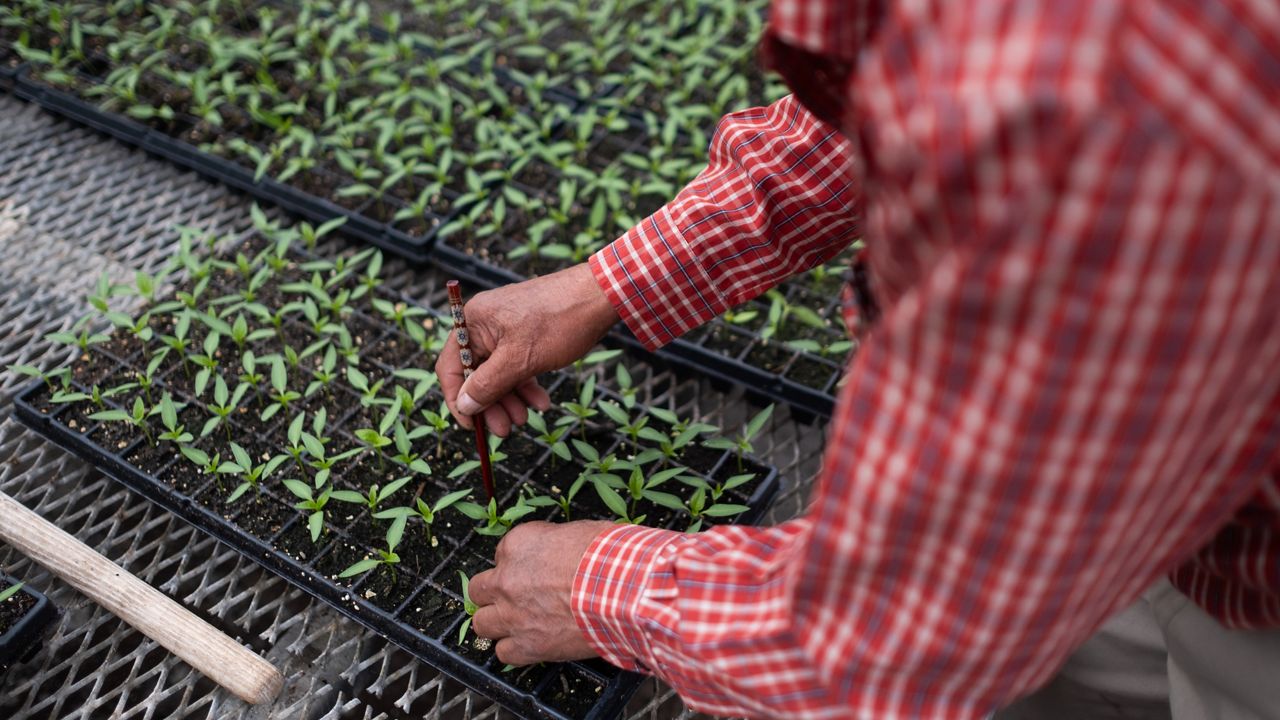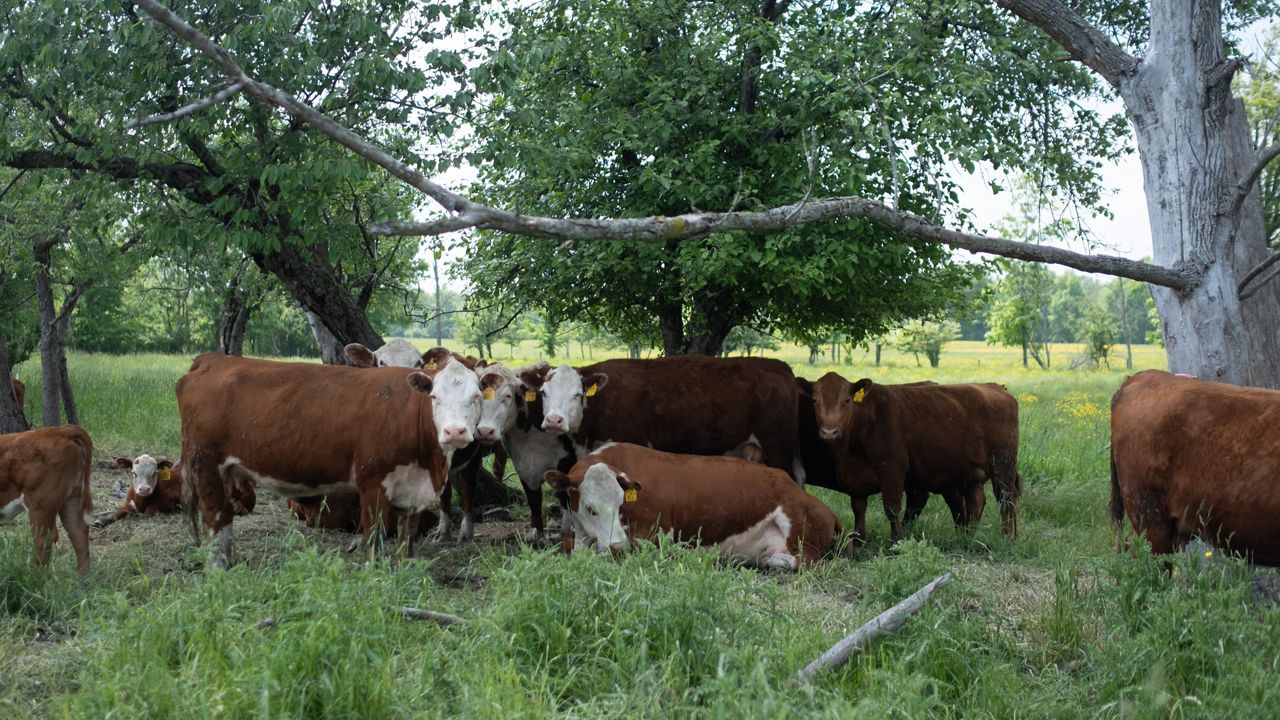The House Committee on Agriculture released a nearly 1,000-page document drafting the long-awaited 2024 Farm Bill totaling $1.5 trillion – the first trillion-dollar farm bill in history.
“The Farm, Food and National Security Act of 2024 is the product of extensive feedback from stakeholders and all members of the House and is responsive to the needs of farm country through the incorporation of hundreds of bipartisan policies,” House committee chair Glenn Thompson, a Republican, said in a press release.
Sen. Debbie Stabenow, D-Mich., who chairs the Senate Agriculture Committee, said she remains concerned that the proposal from Thompson will split the bipartisan effort to pass the legislation.
“It makes significant cuts to the family safety net that millions of Americans rely on, and it blocks USDA’s ability to provide real time assistance through the [Commodity Credit Corporation Charter Act] to address emerging challenges. Even with these shortsighted cuts, it is unclear to me how they will pay for their proposal,” Stabenow said in a statement.
However, she said this proposal is a step forward in the process.
Agriculture advocates expressed support for the progress.
“New investments in specialty crop programs and research along with preserving interstate commerce of agricultural products, will enable farmers to remain competitive in an ever-changing marketplace,” said American Farm Bureau President Zippy Duvall in a statement.
Duvall also highlighted the expansion of dairy programs and conservation resources that will help farmers.
Ted McKinney, CEO of National Association of State Departments of Agriculture, said he encourages bipartisan passage of the Farm Bill for both agricultural and food and nutrition programs.
“Signing a Farm Bill into law is vital to the food and agriculture sectors, which benefits our economy accounting for roughly one-fifth of U.S. economic activity and support 23 million jobs,” McKinney said in a statement.
The 2018 Farm Bill expired in 2023 but was extended through 2024. The legislation is voted on every five years.
Rep. Marc Molinaro, R-N.Y., who serves on the House Committee on Agriculture, is pushing for what he calls a balanced approach to the legislation that encompasses funding for agriculture and nutrition programs.
“Really the challenge is facing not only farmers, but people who struggle. And as somebody who grew up on food stamps, I’m well aware that the Farm Bill is about 80% nutrition programming and SNAP benefits,” Molinaro said in a press conference.
He said he met with farmers and community members in 11 town halls and three Farm Bill listening sessions in his district that stretches from the Hudson Valley to Ithaca to introduce 10 bills focusing on agriculture and food.
“For farmers, the 2024 Farm Bill includes a stronger safety net for New York dairy farmers. It provides significant relief for specialty farmers and organic farmers,” Molinaro said.
Additionally, the Farm Bill would include a bill written by Molinaro that would expand access and assistance to farm families with individuals living with intellectual, physical and developmental disabilities.
“This Farm Bill increases our commitment to SNAP. There is no reduction in SNAP benefits,” he said.
Molinaro said the House farm bill will ensure that only those eligible for the benefits will receive them, ensuring that more is available for those who need it.
“We broaden to a degree who qualifies for SNAP benefits, and we hold future administrations accountable for ensuring that individuals who benefit from SNAP have access by confronting states that allow for far too many fraudulent payments,” Molinaro said.
The House farm bill has seen opposition from other food and agriculture groups.
HEAL Food Alliance, a national coalition of 55 organizations, opposes the House version of the Farm Bill for what the organization says is a failure to protect farmworkers, address climate change, and it leaves families and communities across the country food insecure.
While the bill improves access to SNAP for some groups like college students, it restricts the USDA’s ability to set SNAP benefits, which impacts the long-term benefits for families, the organization said in a press release.
Thompson’s draft rolls funding from the Inflation Reduction Act into the Farm Bill, however it doesn’t include a climate focus for those funds.
“We need federal farm policy that centers equity, addresses the land access crisis, and tackles the challenges of farm viability and climate change that young farmers and ranchers are up against,” said Michelle Hughes, co-executive director of the National Young Farmers Coalition.
On Thursday, the House Committee on Agriculture will consider amendments to their proposed Farm Bill.
“I’m hopeful that we can move both the House and the Senate to take action, so we not only provide meaningful relief to farmers but sustained support and empowerment to families who need it most,” Molinaro said.




)



